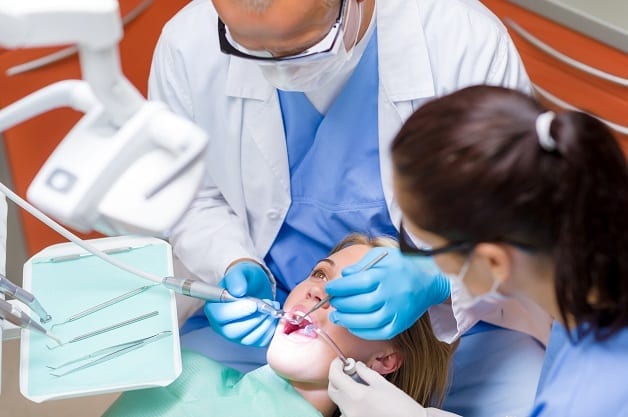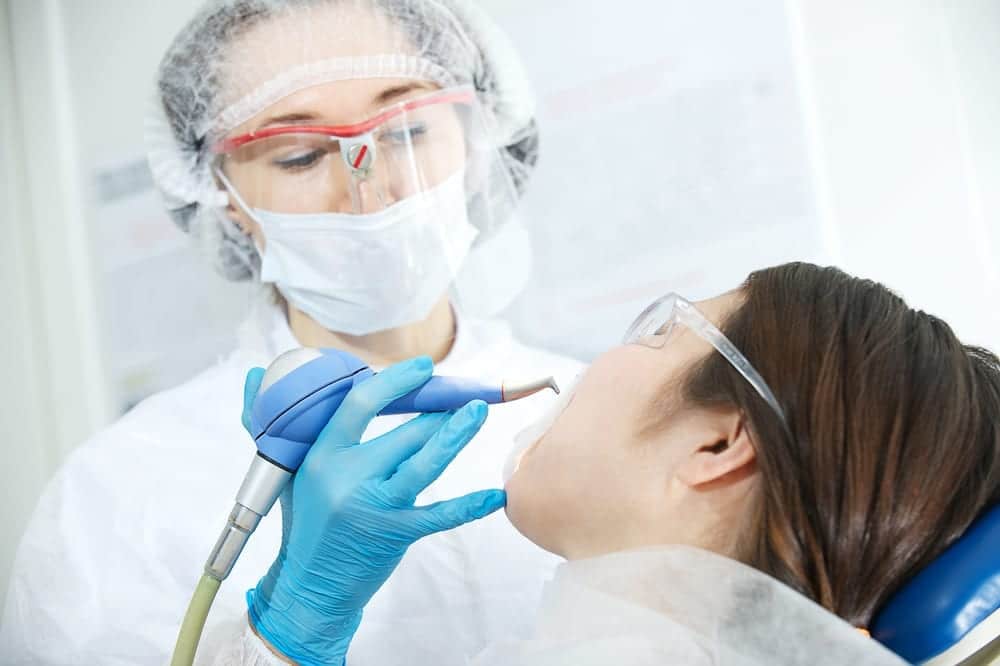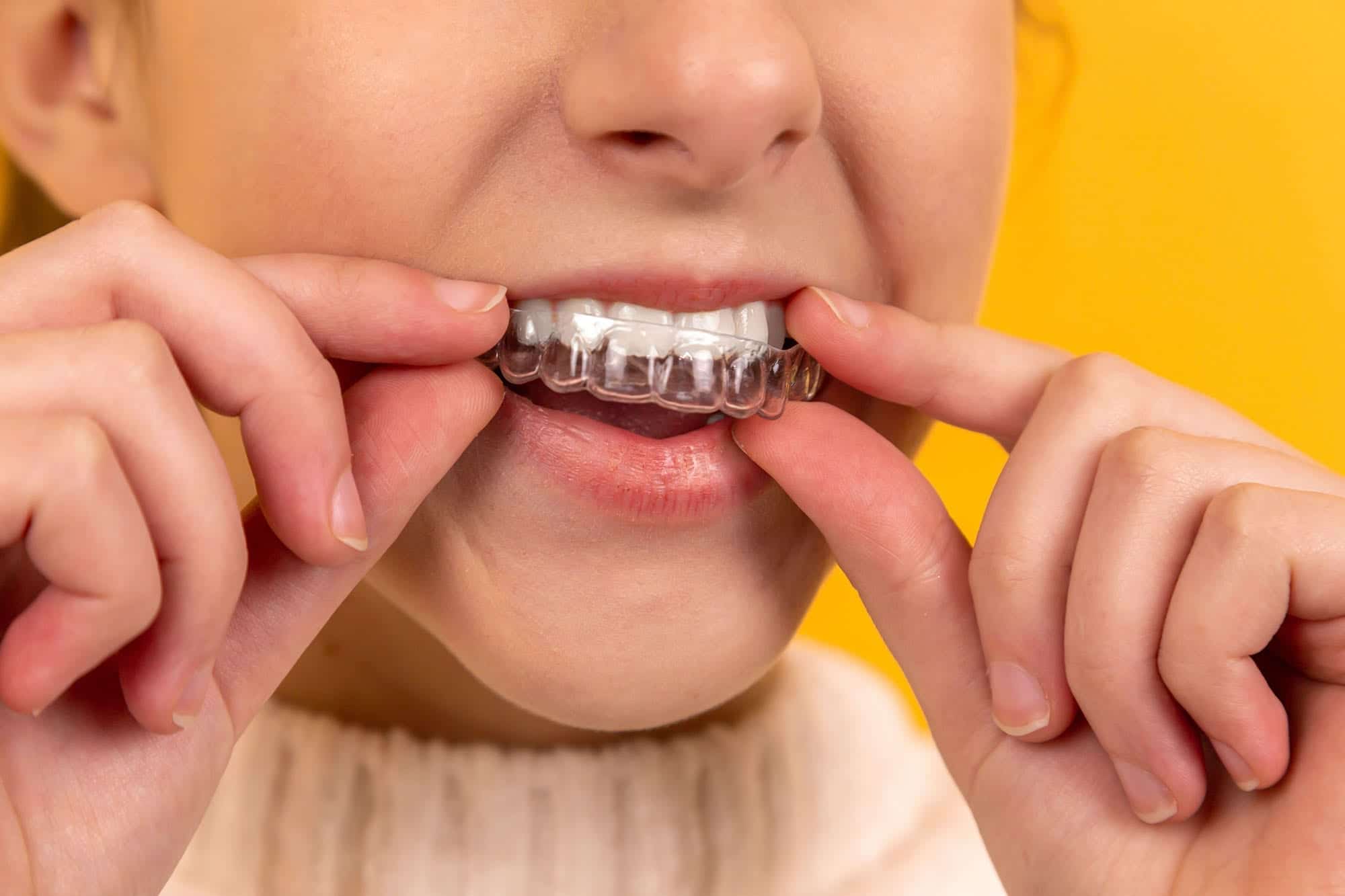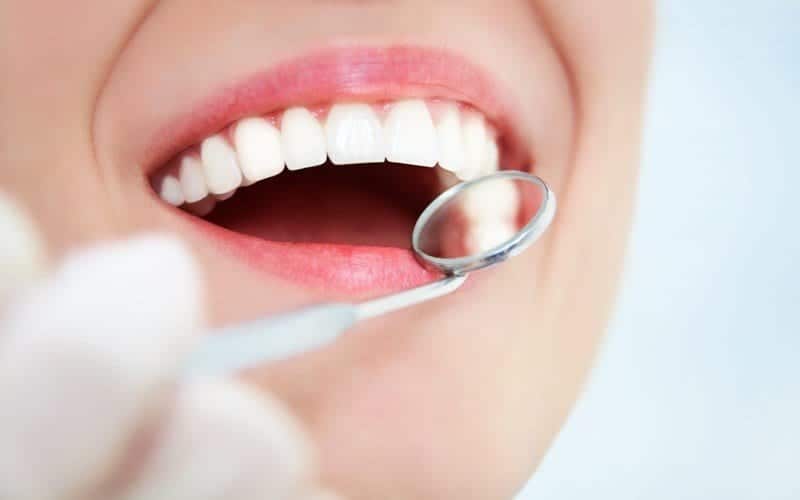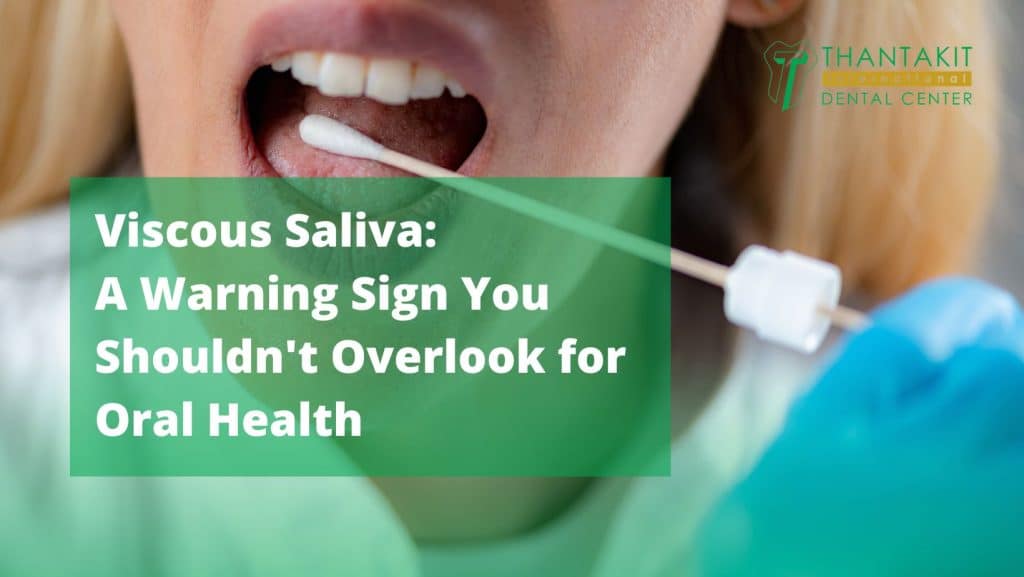Saliva, known colloquially as spit, is what’s produced by the mouth’s salivary glands in order to fulfill a variety of functions, such as keeping the mouth moist and bacteria-free as well as making it easier to eat or chew food by making it softer.
The mouth lubricator doesn’t only aid digestion—it also assists in expulsion of bacterial and viral foreign bodies in tandem with mucus or snot and phlegm from the lungs.
One of the major complaints about this so-called oral lubricant is its stickiness despite being a supposed lubricator.
Page Contents
Isn’t Saliva Supposed to Be Sticky?
First things first, saliva has natural properties of stickiness, but it should never be so sticky that it causes you problems when swallowing, eating, or feeling comfortable.
If your saliva is so sticky it starts making you feel uncomfortable, then it might be too sticky or stickier than normal. Saliva should never be so sticky that it starts affecting your quality of life.
There are many causes for this condition. Fortunately, you can also apply various home remedies to resolve the situation. Relieving yourself of sticky saliva should be a minor thing.
However, if the symptom persists, you should definitely call a healthcare specialist like a dentist or an ENT (Ear, Nose, and Throat) doctor (also known as an otolaryngologist).
What Is Viscous Saliva?
Viscous saliva is saliva that’s stickier, pastier, stringier, and thicker than normal (almost like oatmeal or chicken broth soup). This condition of excessive viscosity makes swallowing difficult.
The saliva also comes in clumps, making them stick to your gums and teeth like bubble gum or like you’ve swallowed glue, making it quite the annoyance.
Usually, it’s not a cause of concern and most people resolve this by watering down their saliva through drinking more water. With that in mind, what causes this?
What Can Make Saliva More Viscous?
Your sticky thick saliva can become more viscous than normal when there’s less water in it than usual. You might be dehydrated or unable to produce enough water in your system to make your saliva more slippery and less sticky.
The many things that can turn your saliva into viscous saliva include chronic allergies, smoking, and dehydration.
There are also times when mucus blends with your saliva, resulting in stickier and thicker saliva that has pure viscosity. You might also be sick with asthma, resulting in phlegm mixed with your spit.
Drinking a lot more water can compensate for the water you’ve lost and thin out spit. Fluids make the saliva less viscous and waterier.
If symptoms for high saliva viscosity persists, consult your doctor. Some other condition might be causing your issue aside from being dehydrated. Or dehydration is also a symptom that something bigger is afoot.
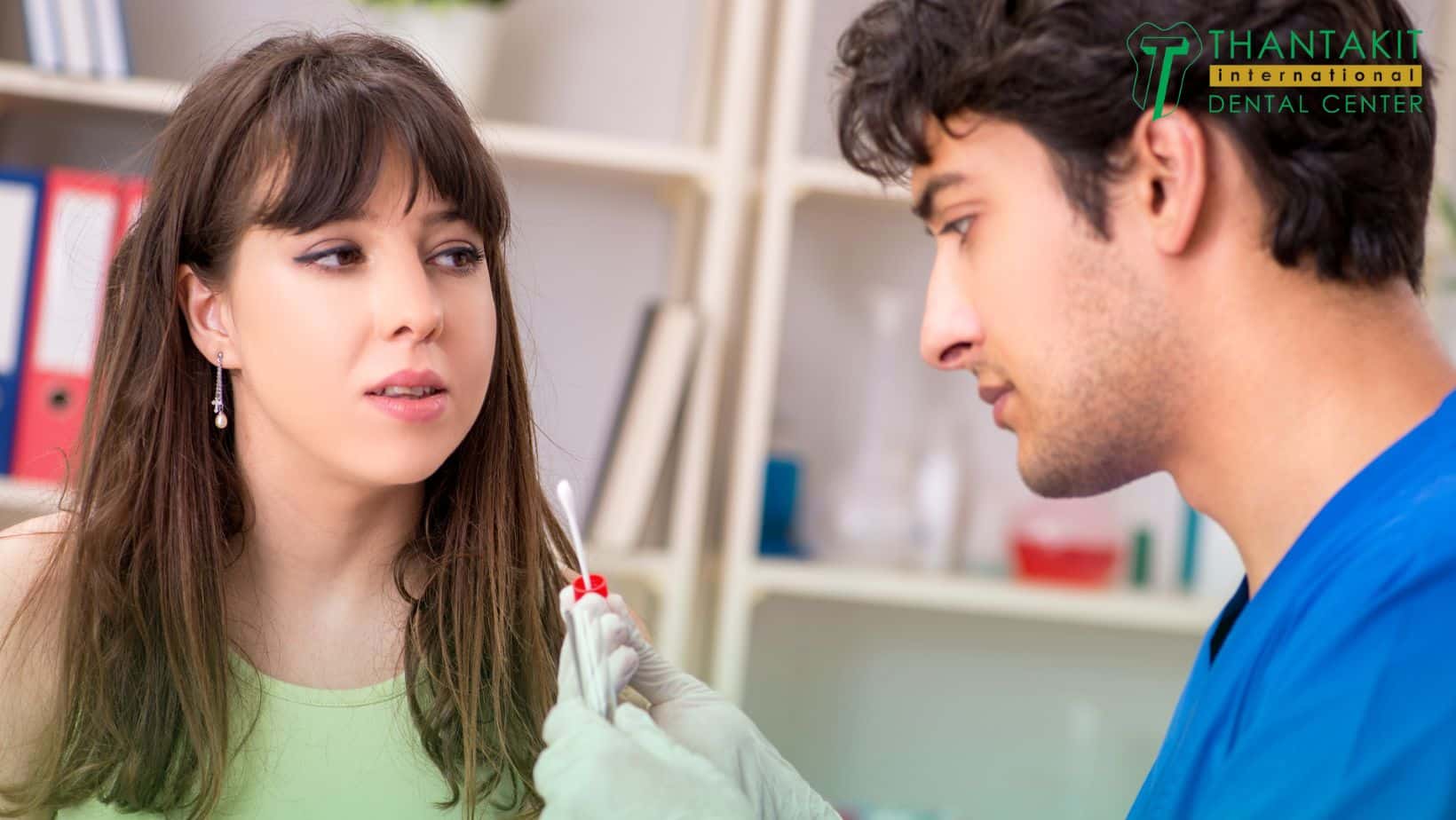
What Causes Viscous Saliva in the First Place?
There are various maladies or conditions that have viscous saliva as a symptom. Some common causes of high saliva viscosity include the following.
-
Dehydration: If you’re dehydrated then you won’t have enough water to water down the saliva. Saliva comes in viscous without water. Your body’s water content might’ve been expelled through excessive sweating or through sickness.
You should drink enough water to compensate for your condition. It should also resolve viscous saliva by adding water content onto it. Long story short, dehydration makes saliva have higher viscosity and stickiness.
-
Dry Mouth: Xerostomia is the formal name of the condition known as dry mouth. You can get a mouth that’s drier than usual when you lack saliva in your mouth. What saliva is there is also highly viscous and lacking water content.
You can get dry mouth as a side effect from taking certain medications. There are also medical conditions that have dry mouth as a symptom. Finally, dehydration or not drinking enough water or fluids can lead to stickier saliva and dry mouth.
The thickness and stickiness of your viscous saliva roots from your body attempting to moisten your dry mouth but there isn’t enough water content in it to prevent its viscosity.
-
Dieting: If your saliva feels too thick and sticky, it might have something to do with what you eat. Saliva is supposed to be a digestion aid, with it being one of several fluids used to break down whatever it is you’re eating.
However, some foods can make your saliva stickier and thicker than normal. To be more specific, eating food with high starch and sugar content can lead to viscous saliva that adheres everywhere, leading to difficulty in swallowing and various oral and dental health problems.
-
Smoking: Smokers end up with high spit stickiness because the act of smoking causes the thickening of your spit, making it phlegmatic in texture and overall hard to swallow it.
The viscous saliva can stick to gums and teeth, causing bacterial growth. Therefore, smokers have a higher risk of developing dental and oral health problems such as gum disease, plaque, and dental caries.
Quitting smoking is your best bet in reducing viscous saliva issues and risk for other deadlier conditions. However, that’s easier said than done. If you’re in the middle of quitting, you can reduce viscous saliva in the meanwhile by flossing and brushing.
Use a tongue scraper to remove bacteria on your tongue too. Drink lots of water to reduce saliva viscosity.
-
Poor Oral hygiene: Bacterial build-up in the mouth due to poor hygiene or neglecting to brush your teeth twice daily can make the saliva stickier and thicker than usual. Aside from an ENT, you can consult a dentist in case this is what’s causing your viscous saliva blues.
On top of viscous saliva, you can also end up with gum disease (gingivitis or periodontitis) and tooth decay. A prime indicator of poor oral hygiene aside from thicker saliva is bad breath or halitosis.
You can end up with halitosis because of the waste products of a mouth that’s teeming with bacteria. The high bacterial population that’s basically turning your mouth into their own personal toilet produces sulfuric compounds.
-
Diseases or Medical Conditions: You could be suffering from some sort of disease or a wide range of conditions, causing you to have viscous saliva as one of the symptoms.
Saliva with thicker and stickier consistency could be a result of any number of maladies. While that symptom might be minor and resolvable through drinking more water, it can be quite uncomfortable or lead to the point of difficulty in swallowing.
Aside from dry mouth and dehydration, other conditions that can cause excessively viscous saliva include diabetes, allergies, and Sjogren’s syndrome.
Most of the time, saliva viscosity changes are temporary and resolvable through treatments or even home remedies. However, as usual, if the symptom of viscousness persists, consult the nearest specialist doctor or even a general practitioner that can refer you to the right professional.
A doctor or dentist conducting tests can help rule out any underlying conditions through the process of elimination.
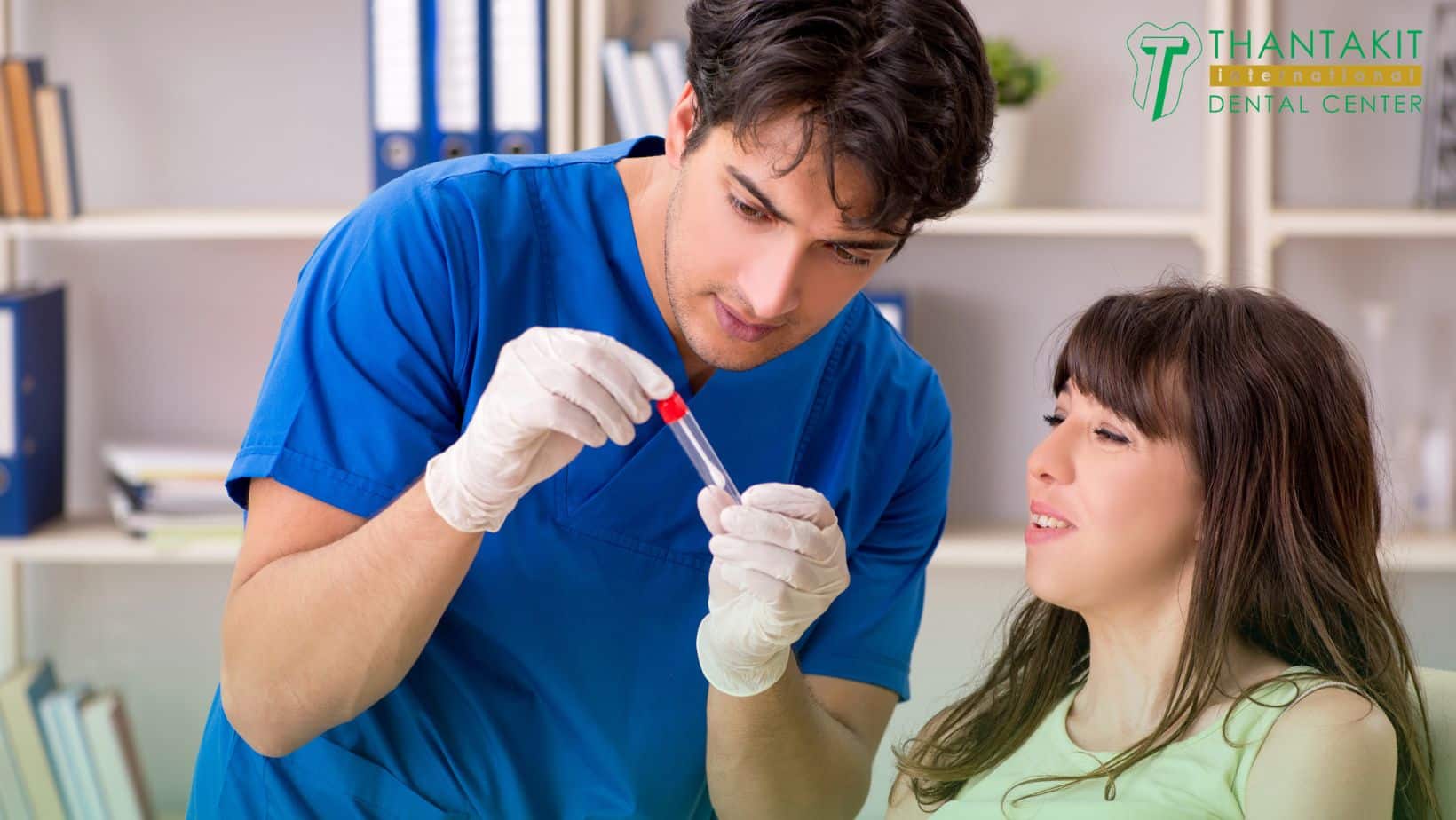
Is It a Problem to Have Viscous Saliva?
It’s absolutely a problem to have viscous, sticky, thick, and mucus-like saliva. It ranges from mild discomfort to difficulties in swallowing or even breathing. It’s like you’re choking in your own spit that has the consistency of coagulated phlegm.
It’s also hard to expel because of how sticky it is. It sticks to your gums and teeth like glue or tasteless taffy.
It’s a nightmare to handle even in its mildest of forms, which is at the very least annoying to deal with. If you’ve ever been sick, then viscous saliva feels like your mouth is full of snot or mucus even though you don’t have a cold.
Instead of feeling like it’s hard to breathe, you have difficulty swallowing, leading you to rather expel or spit out the phlegmatic saliva that isn’t really phlegm, but it acts like it.
Letting your saliva viscosity remain at such a high point can lead to other oral complications, or at least indicate the existence of other diseases of which it’s a symptom of, such as poor oral hygiene and maintenance.
Sticky or viscous saliva increases your chances of tooth decay, dental caries, teeth discoloration, enamel degeneration, tooth root infection, and nerve damage.
Free-flowing, thin, and watery saliva works as intended when it comes to washing out bacteria from our mouth and teeth without rinsing with tap water from time to time. It’s your body’s personal oral washing fluid to reduce infections and gum disease.
To prevent your mouth full of viscous saliva from suffering any acute or advanced oral diseases, you should find ways to resolve it.
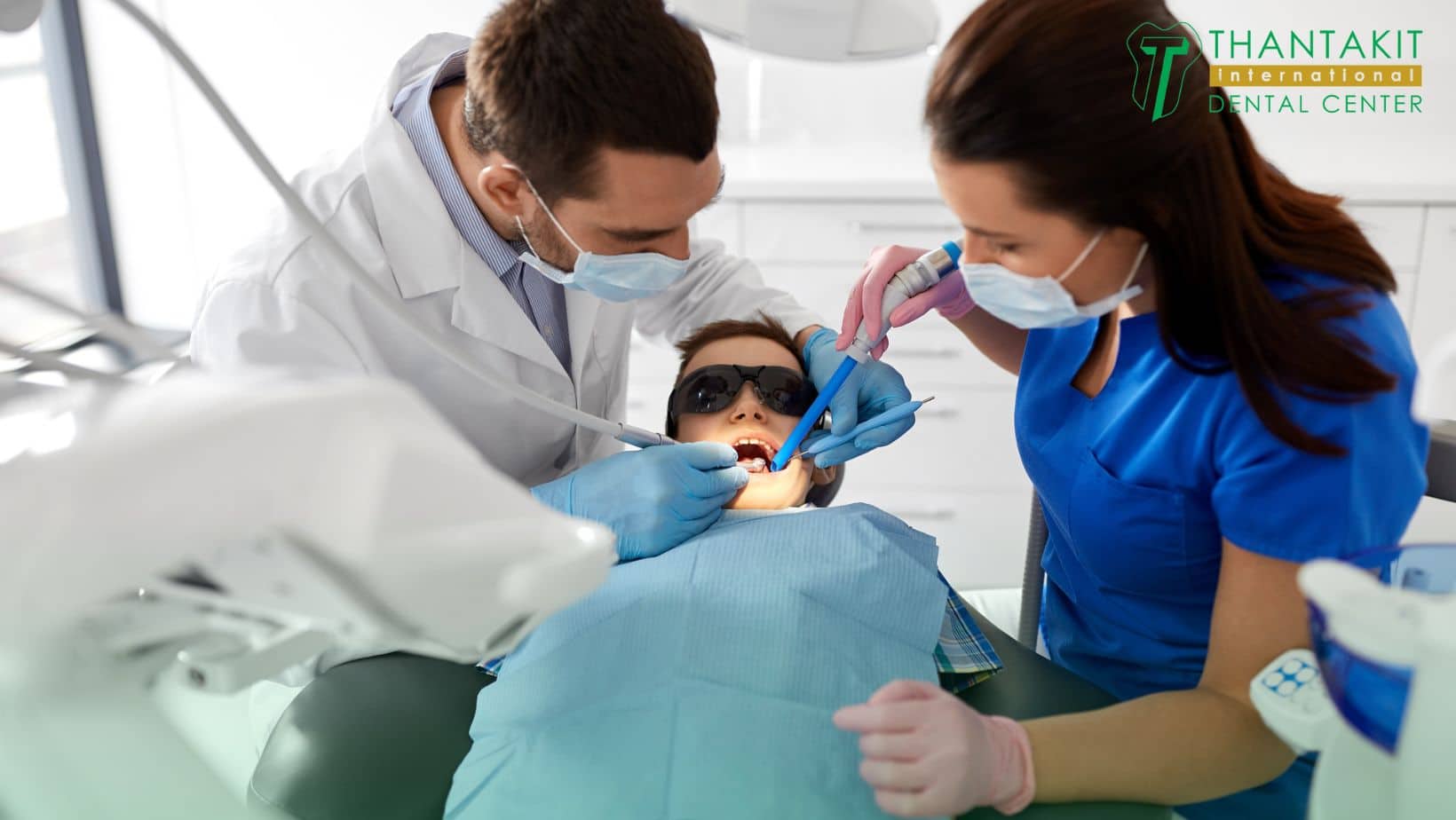
Effective Home Remedies for Viscous Saliva
You can also try out home remedies first to see if that can water down your spit back to normal. But to be on the safe side, talk to a doctor for an evaluation ASAP.
-
Drink a Lot of Water: You can drink plenty of fluids like coffee, tea, juice, soup, and so forth, but your best bet is to drink plain water. Sweetened drinks like juice and soda can worsen your condition. Specifically, drink cold water for best results.
-
Quit Smoking: Are you a cigarette smoker? Or even a marijuana smoker. Vape smokers might also be included with the smoking group. Quit smoking cigarettes or e-cigs and marijuana joints to increase saliva production and reduce viscosity.
-
Avoid Sugary Foods (Sometimes): The reason why we recommend you drink non-sugary liquids or eat non-sugary fruits is that sometimes it’s the sugar (or starch) content of your mouth that’s causing viscous saliva, bacterial growth, or even halitosis.
-
What Else to Avoid: Avoid consuming hard raw fruits or vegetables, potato chips and pretzels, the toughest cuts of meat like barbecued steak, chewy candies, chewing tobacco, cigarettes, alcohol, and hot/spicy/acidic foods.
-
Chew Unsweetened Chewing Gum: Sometimes, simply chewing bubblegum or a mint gum can stimulate the production of saliva, thus reducing saliva viscosity and watering down your coagulating, sticky spit.
-
Eat Sugarless Hard Candies and Suck on Ice Chips: Aside from drinking cold water to lower spit thickness, you can also suck on ice chips to get your cold water from there. There’s also the option to suck on hard mint candies (preferably sugarless).
-
Eat Very Sweet or Very Sour Foods and Beverages: If your trip to the dentist determined that it isn’t bacteria or poor hygiene that’s causing your dry mouth, you can try sucking on sweet hard candies or lollipops as well as sour gum balls or sour patch candies to stimulate saliva production and reduce viscosity.
-
Eat Citrus Fruits or Drink Citrus Juice: Eat a lemon or an orange. Peel them up and eat them. Oranges taste better while lemons might leave too much of a sour aftertaste. Regardless, they’re also great saliva production stimulators.
-
Drink Cranberry Juice or Lemonade to Thin Out Saliva: Thin out your thick or viscous saliva by drinking cranberry juice or lemonade (sweetened or unsweetened depending on the cause of the viscous saliva).
-
Eating Smaller Portions: Aside from having a diet with less sugary food, you should take smaller bites from what you eat as well. Also chew your food well. Masticate carefully and wash the food by sipping liquids with meals. Moisten what you eat to make them easier to swallow.
-
Brush Your Teeth and Floss: Reduce bacterial growth and infection risk by practicing good oral hygiene. Brush twice daily and floss before brushing to prevent bacterial buildup and infection, which contributes to viscous saliva.
-
Avoid Alcoholic Mouthwashes: While alcohol can kill bacteria, it might not necessarily thin out thick or viscous saliva depending on what’s making it thick in the first place. Therefore, avoid alcohol or even store-bought mouthwashes with alcohol in them.
-
Use Steam Bowl Therapy: Like with asthmatics who have to deal with suffocating phlegm in their lungs, patients with viscous spit can thin their saliva out by leaning over a bowl of hot steamy water with a towel covering your head. It’s good enough to loosen viscous saliva, mucus, and phlegm!
-
Invest in a Humidifier: Your mouth might be dry, and your saliva might be viscous because you’re in an office setting and you’re sitting in front of the A/C for too long. Combat the dry air by using a cool-mist humidifier in your offices or rooms to moisten the atmosphere.
Talk to your doctor about medical or dental treatment post-haste if none of these remedies work.
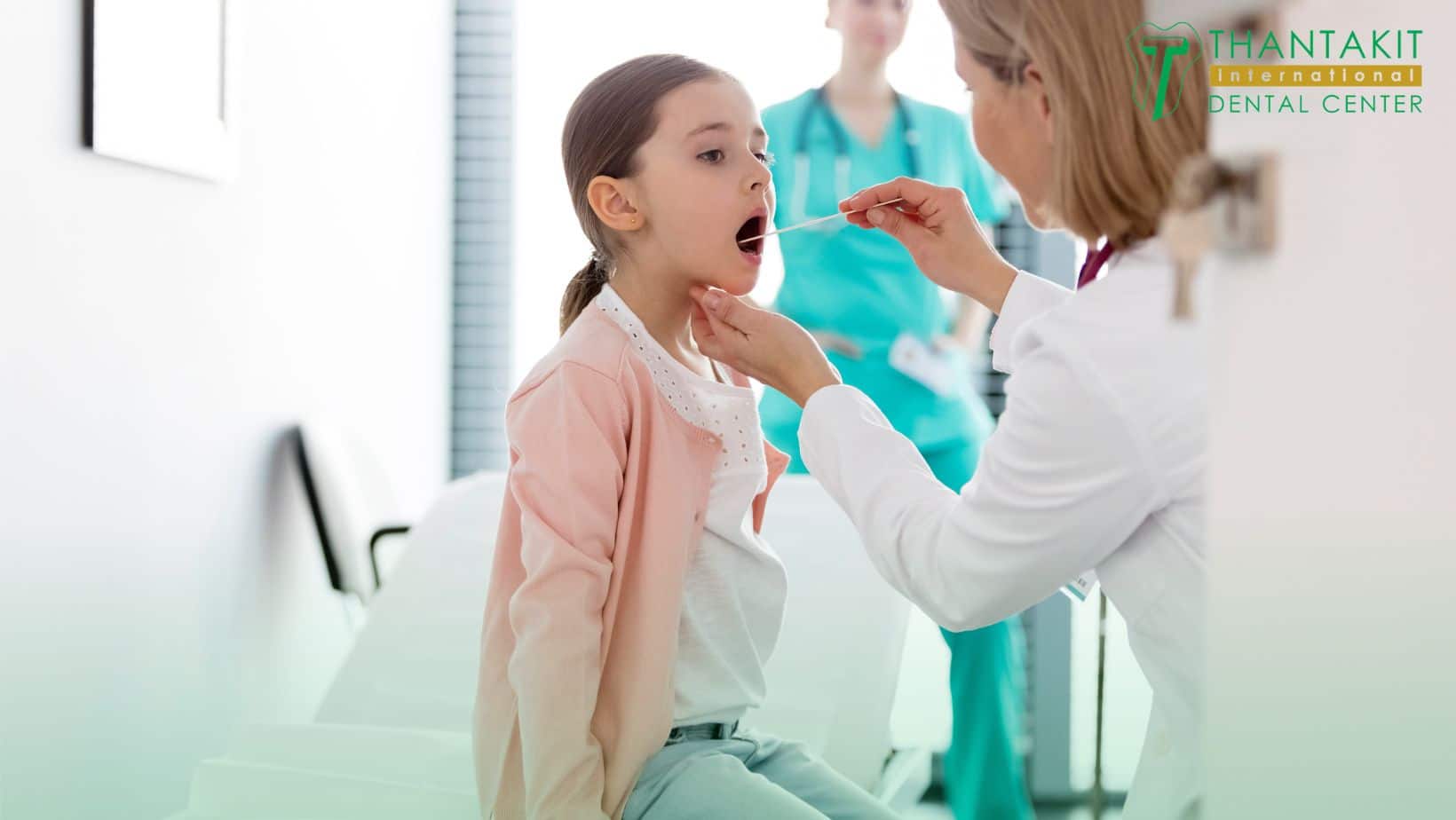
When You Need to See a Doctor or Dentist
Most viscous saliva episodes tend to not be serious and will resolve themselves over time. At most, they’re a reminder that you should cut down on sugary foods or brush your teeth more.
Many such cases are treatable through home remedies if you or your doctor are able to figure out their cause. However, watch out for the instances where the viscosity of your spit doesn’t come down.
Your best bet is to see a dentist since they’re the go-to oral and dental expert, but you can also consult with a general practitioner or an ENT depending on the severity of the condition.
You should definitely go get tests and treatment ASAP if your viscous saliva is accompanied by other concerning symptoms, such as difficulty swallowing and shortness of breath.
Schedule a session with a dentist, ENT doctor, or otolaryngologist specialist to get to the root of the problem because it might be an underlying condition that’s causing your viscous saliva.
Final Words on Viscous Saliva
If you smoke cigars, cigarettes, e-cigs or vape pens, and/or marijuana, you might end up with viscous saliva. Ditto with people who have high-starch or high-sugar diets or anyone with some sort of sickness that results in dry mouth or dehydration.
In such cases, consult your dentist or ENT doctor to resolve the issue post-haste. Indeed, if symptoms persist, consult your healthcare provider at your most convenient time.
For severe dental issues, go to your local dentist for a checkup or even consider availing of dental tourism in Thailand. They offer quality discounts and a wellness vacation on top of your dental trip.
Thantakit International Dental Center is Thailand’s longest established dental center. Situated in Bangkok, our clinic is renowned across the world as a destination for world-class dentistry, with most of our patients flying to us from Australia.
Get in touch with our friendly team today and get a FREE dental consultation!



